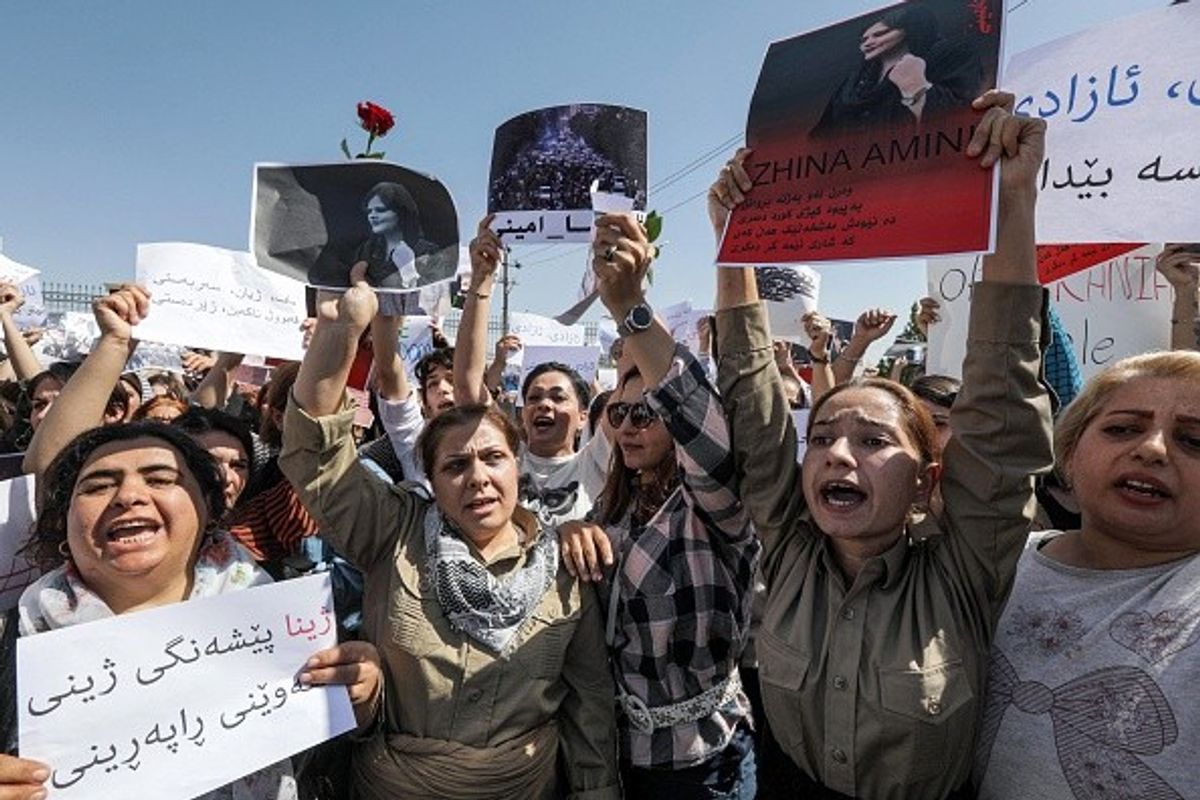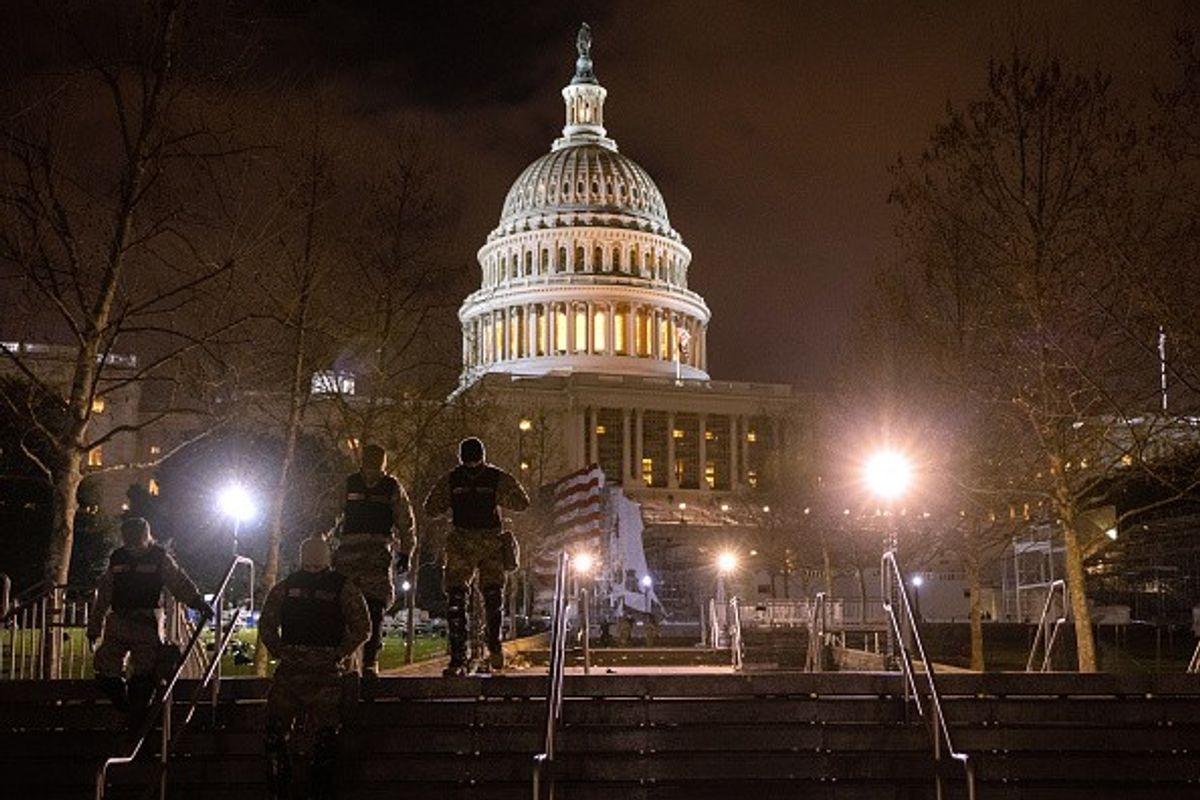One of the most controversial companies operating globally may be Uber, and it came under attack most recently on Tuesday in Rio de Janeiro, where the city council voted to ban unregulated ride-sharing services. Mayor Eduardo Paes now has 15 days to decide whether to approve and sign the vote into law.
Headquartered in San Francisco, California, Uber Technologies Inc. was founded in 2009 to connect riders and independent drivers through a smartphone application. Today, Uber operates in 60 countries and over 300 cities. Many of these cities, however, are unhappy with Uber’s presence.
Uber made headlines in Rio in late July when more than 1000 taxi drivers protested the company, blocking roads and stalling traffic during the morning rush hour. Taxi drivers around the world share a similar sentiment – that Uber receives an unfair advantage by avoiding regulations, which taxi drivers say could threaten customer safety.
Attempts at similar bans have received varying results across Brazil. The governor of Brasilia vetoed a bill banning the use of Uber in June, but a group was formed last week to develop regulations for the service. In May, a Brazilian judge struck down an injunction issued by the State Court of Sao Paulo that Uber was in violation of regulations on the use of taxis. Later in July, Sao Paulo undertook a vote similar to Rio’s, but Mayor Fernando Haddad has not yet made a decision.
Rio has over six million inhabitants and with the expected arrival of 480,000 people for the 2016 Summer Olympic Games, enactment of this law could be a blow to Uber’s operations. Even though drivers would be fined almost $550 USD for violating the law, Uber said that it would continue to operate in the city, believing that it is meeting demand in an underperforming market and helping to ease global unemployment.
The Rio city council’s decision is starkly different from Mexico City’s in July, when it became the first city in Latin America and the largest city in the world to issue official regulations for such smartphone-based services. The regulations include a 1.5 percent charge toward a transportation fund, driver registration fees, annual permits, and minimum vehicle standards. Uber praised Mexico City for creating an open discussion that listened to the “logic of supply and demand alongside a citizen’s ability to choose how they move around their city.”
The increased number of cities regulating or banning Uber calls into question the fate of other members of the sharing economy. In particular, Airbnb, an online marketplace for global accommodations, has come under attack from hotel companies who say that the company’s ability to circumvent hotel taxes and safety standards causes a reduction in demand for hotel services and a threat to citizen safety. One of the lessons from Uber’s experience may be for the sharing economy to proactively work with authorities to avoid a complete ban on their service.
Alana Garellek is an analyst at The Cipher Brief.














